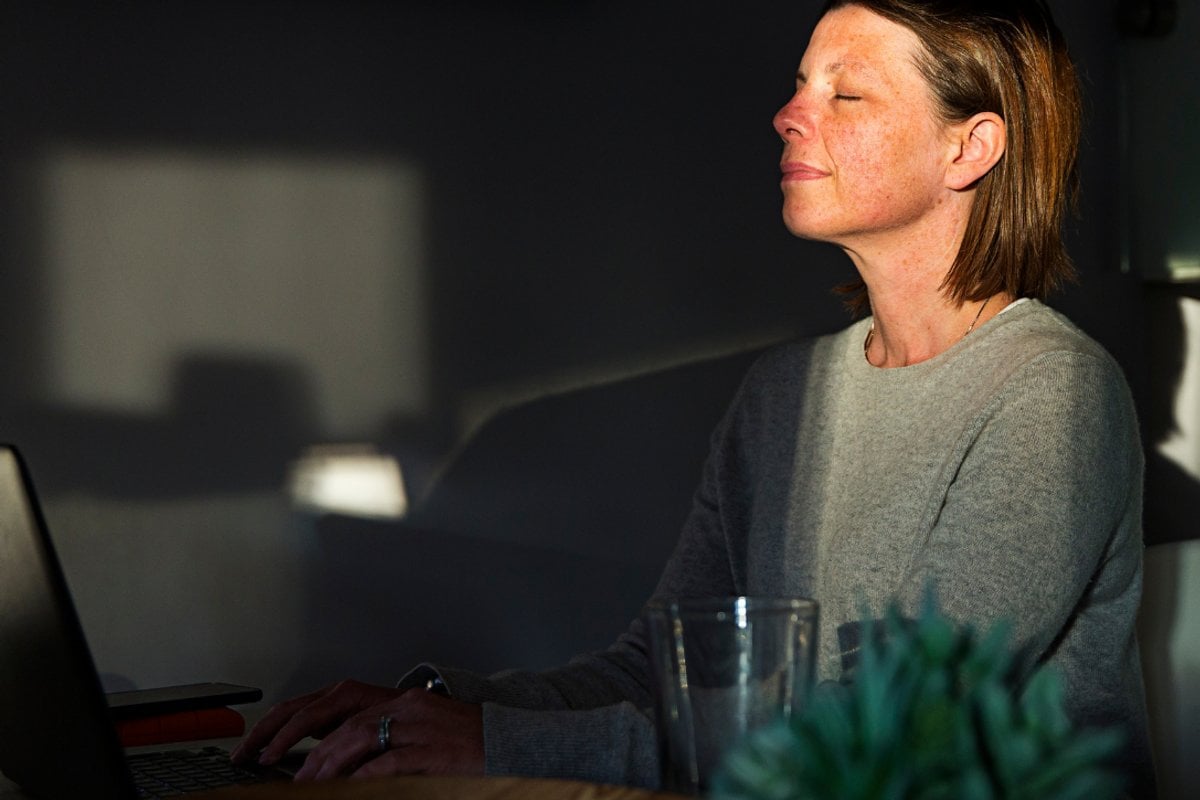
Australians are feeling really, really tired.
A worldwide survey found that Aussies had one of the highest rates of burnout of any country last year. Almost four in five of us suffered burnout, and almost half said their hours spent working overtime increased significantly.
On top of that, one in five Australians will experience some sort of mental illness in any given year.
Any expert will tell you - from a GP to a psychologist - that just like you'd take a day off for the flu or an upset tummy, sometimes, you need to take some time off for your head.
So - you decide to take a day off for your mental health.
What's the best way to spend it?
Is staying in bed all day doing more harm than good? Are there any strategies that might help with a reset, or improving mood? And are there any no-nos?
I spoke to doctor and mental health advocate, Dr Kieran Kennedy, for some tips.
1. Get rid of the guilt
The most important thing is not to spend the whole day feeling guilty because you're not at work.

